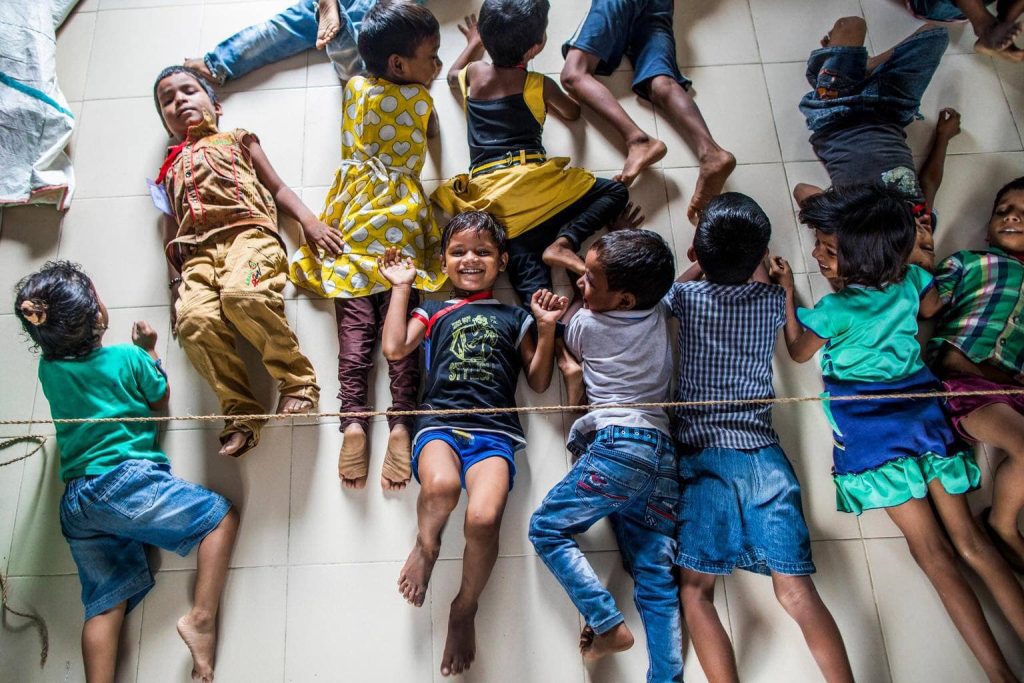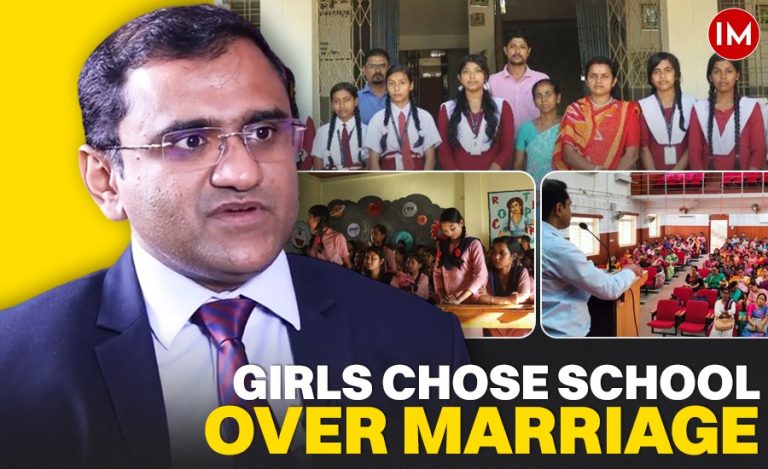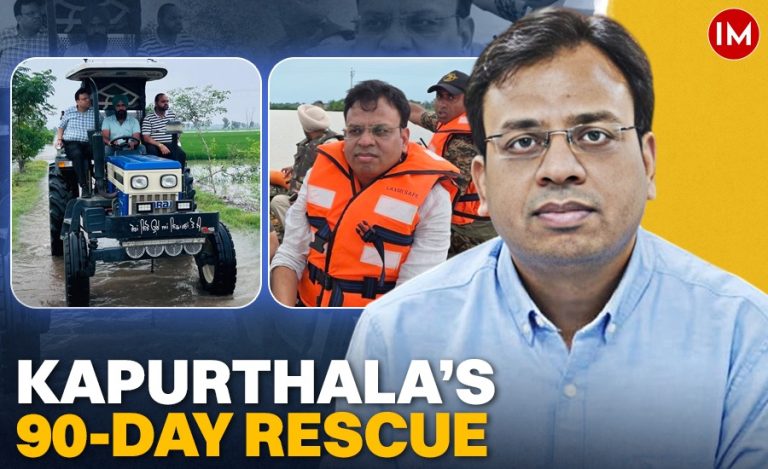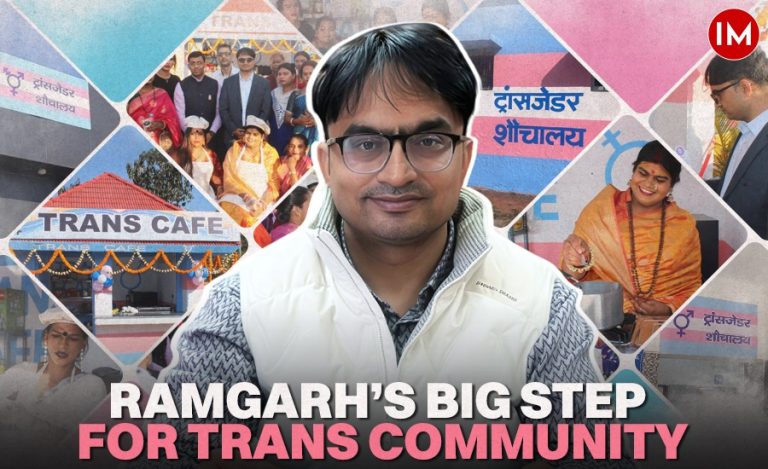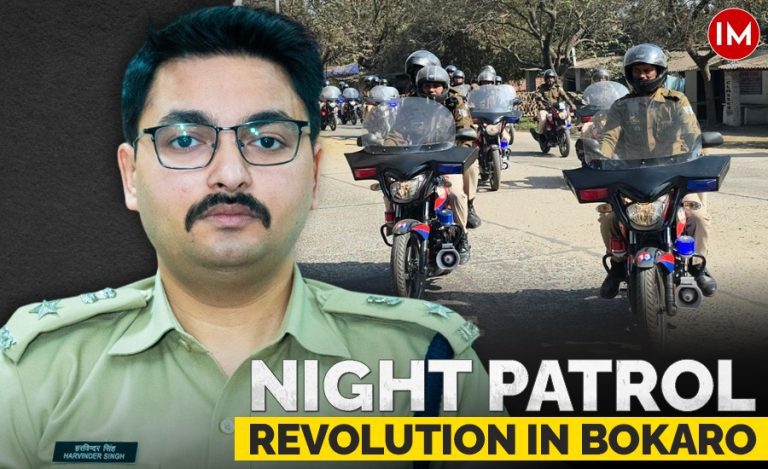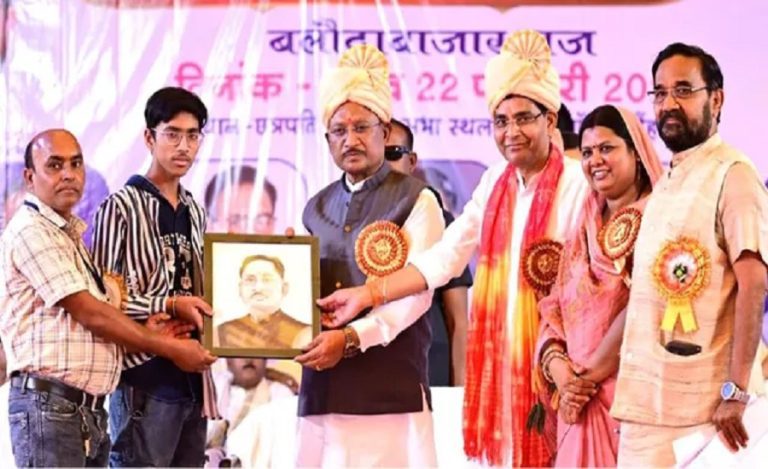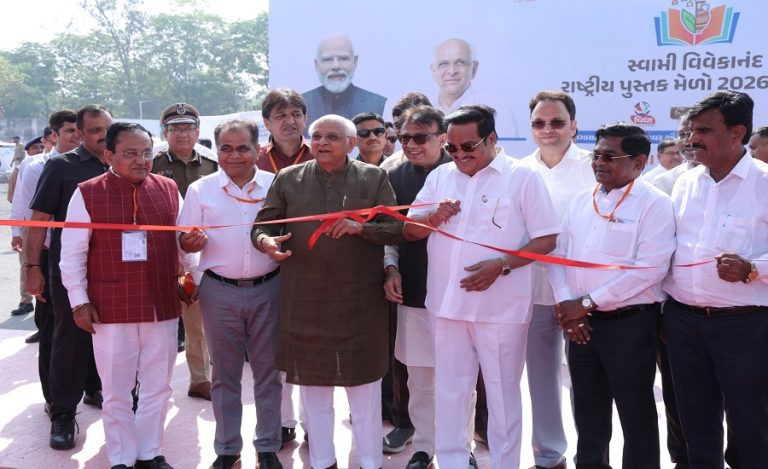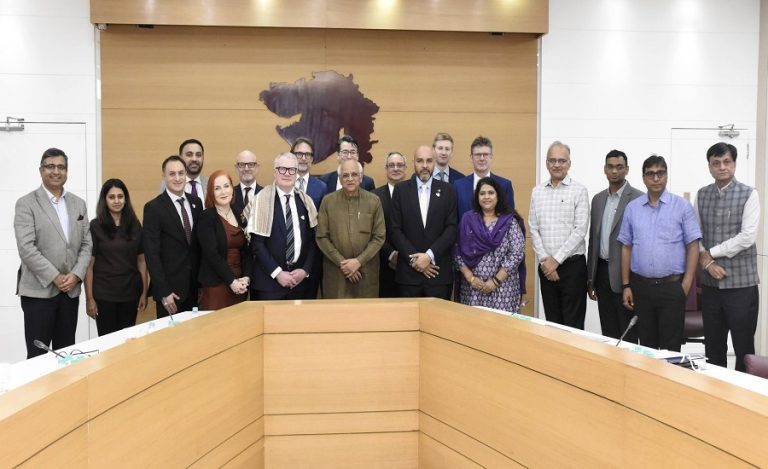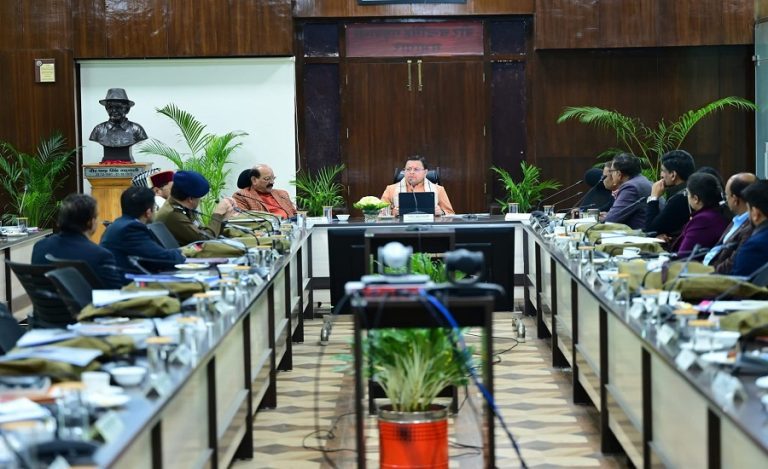In India, most middle-class or even lower-middle-class parents strive hard to provide good education to their children. In many social circles, good education is equated with ‘private schools’, and government schools or ‘anganwadi’ schools are looked down upon.
But if a few well-meaning bureaucrats posted in far-flung regions have their way, this mindset is bound to change. There are a number of instances where IAS officers have been deliberately enrolling their children in an anganwadi school. This serves two purposes, at least: it brings the government school on a level playing field with private schools of the area, it also motivates other Government officials to do the same.
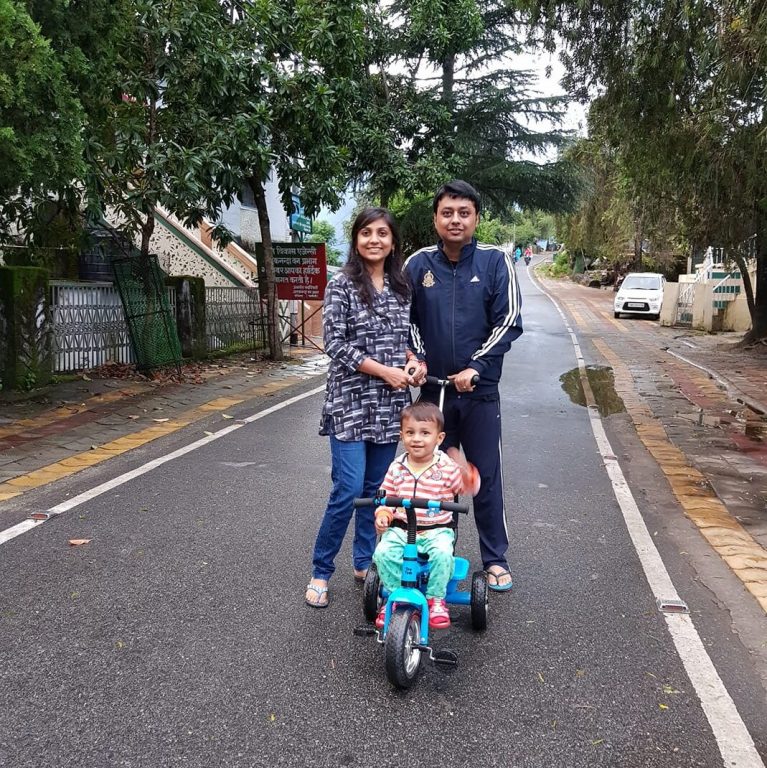
Let’s take the case of Ms. Swati Bhaduria, the District Magistrate (DM) of Chamoli in Uttarakhand. A picturesque Himalayan region surrounded with high peaks, vast valleys, and gurgling valleys- the very picture of natural beauty which would take anybody’s breath away in awe- Chamoli however is situated very far from the plains and comforts they provide. In short, life is tough here, despite the natural beauty.
It was in Chamoli that Ms. Bhaduria, a 2012-batch IAS officer decided to admit her son Abhiuday in anganwadi school. As she told Indian Masterminds, “While staying alone with my child in Chamoli, I once visited an Anganwadi school and was amazed to see the children interacting with each other and having a good time by learning new stuff. Abhiuday was a shy kid and used to speak very less before I sent him to an Anganwadi school.”
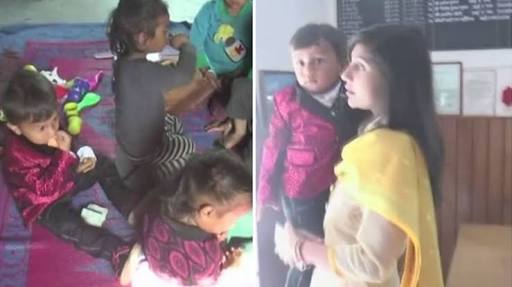
“However, to my utter surprise, within a period of two months, he started reciting poems and taking interest in various activities of the school. His overall psychological development started to reflect in his behavior.”
One Thing Led To Another
The single act of the area DM putting her child in an anganwadi school started a chain reaction of sorts.
Ms. Bhaduria started visiting the Anganwadi on a regular basis- as a parent, and not as a senior Government functionary. She said, “I started getting feedback from the Anganwadi workers about the things which needed to be improved. One of those things was the mid-day meal. Due to the unavailability of a gas stove in the school, the workers used to get food from their own houses.” The DM helped the school by providing a gas stove, but that was not the end of all the problems. Within 20-25 days she got herself acquainted with a number of other pressing issues.
To come to grips with the issues, Ms. Bhaduria launched the project ‘Bachpan – Better Anganwadi for Childhood Progress and Nourishment’

Added the DM, “As there was no provision of electricity in anganwadi schools of Chamoli, we installed mini-solar plants in every anganwadi school in the district. We also started a cultural program called the Pratibha Divas in which students could participate and compete in dance and musical activities.”

This is how Ms. Bhaduria started solving one problem after another, and thus began the revamping of anganwadi schools. “The initial years of learning act as a solid foundation for the child. I really wanted to develop the Anganwadi, and end the commonly held perception that children are enrolled here just to get cooked food.’’
Once Ms. Bhaduria involved herself in the affairs of anganwadi schools, there was no looking back. She said, “We also started an activity-based module with the assistance of the Education department and Integrated Child Development Services (ICDS). In this, the teachers used to teach students in creative ways that would create a positive atmosphere overall. For example, they were taught rhymes with the help of audio kits in both Hindi and English. This would amuse the children and lead to developing an interest in learning.”

Apart from this, Ms. Bhadauria has also initiated a coaching center for the people belonging from the economically weaker section. She said, “We conduct exams of the candidates who had enrolled for the coaching, out of which the successful candidates are given a chance to study for free. Our teachers are also given fixed salaried from the Corporate Social Responsibility (CSR) fund. The faculty members are selected from various cities of Uttarakhand like Dehradun and Haridwar.”
Others In The Growing List
Awanish Sharan an IAS officer of 2009-batch who is currently the District Collector of Kabirdham in Chhattisgarh has also made a strong statement by sending his daughter to an Anganwadi for the initial six months and then admitting her to a government school. The fact is, when children of civil servants enter a government elementary school, the overall atmosphere of the school changes, and it acts as a motivation for the children as well as the teachers.

Another example is of an IAS officer of 2012 batch from Madhya Pradesh cadre, Mr. Pankaj Jain, who also sent his daughter, Pankhuri to an Anganwadi school. This decision of Mr. Jain was highly appreciated by many other officers. After the enrollment of Pankhuri, children of other officers were also enrolled in the Anganwadi schools which led to the overall development of the schools all over the district.
When the officers started visiting the Anganwadi, the self-motivation among the staff increased which resulted in the overall growth of the schools.
More Pressure In Private Schools

District Collector (DC) of East Sikkim, Mr. Raj Yadav, a 2009 batch IAS officer, has admitted his two children in a government school. In a telephonic conversation with Indian Masterminds, he said “I sent my children to a private school for the initial six months, but found them to be under too much mental pressure. I then shifted them to Government school in Sikkim.”.
Mr Yadav’s daughter Jyoti, studied in a government school till third standard and son Aryan till class two.


More than anything, it’s the message these bureaucrats have been sending which has struck home. The message is clear: when it comes to imparting quality education, a government school is second to none.

